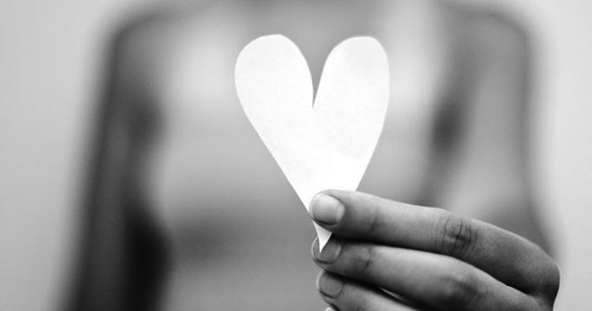For many people, especially young girls and teens, self-image is inseparably linked to body image – the way one perceives their body and assumes how others perceive them.
Today, while doing research for my book, I came across some staggering, not to mention terrifying, statistics regarding body image. The statistics were:
*http://www.statisticbrain.com/body-image-statistics/
| Body Image Statistics | Data |
| Percent of all women who are unhappy with their bodies and resort to dieting | 91 % |
| Percent of women who say the images of women in the media makes them feel insecure | 80 % |
| Percent of college-aged girls who feel pressured to be a certain weight | 58 % |
| Percent of girls in 1st through 3rd grade who want to be thinner | 42 % |
| Percent of 10 year olds who are afraid of being fat | 81 % |
| Percent of teenage girls who are, or think they should be, on a diet | 53 % |
| Percent of teenage girls who reported being teased about their weight | 30 % |
| Percent of teenage boys who reported being teased about their weight | 25 % |
| Percent of 15-17 year old girls who want to change at least one aspect of their physical appearance | 90 % |
| Percent of teen boys using unproven supplements and/or steroids | 12 % |
| Percent of girls age 15-17 who acknowledged having an eating disorder | 13 % |
| Percent of women who stated they would consider cosmetic surgery in the future | 40 % |
| Percent of men who stated they would consider cosmetic surgery in the future | 20 % |
| Total annual revenue of the weight loss industry | $55,400,000,000 |
| Total number of people with an eating disorder in the U.S. | 8,000,000 |
Given these statistics, it is clear we need to not only start a conversation, but also change the conversation on body image.
We, as a society, need to change how the ideal of “perfection” is defined.
What’s the ideal of “perfection” you may ask?
Well, for females, it is a photoshopped “perfection.”
This “perfection” equates to having inches shaved off a model’s body while having inches added to her bust size. It’s the removal of any cellulite and blemishes she may have. It’s the evisceration of her true self.
And for men, of course, there are plenty of standards as well. They include men must be the epitome of masculinity. Men should be tall – six feet or taller to be exact, with broad shoulders, huge arms, and perfectly defined abs.
The questions we should be asking are why are these the standards, and who made them our standards in the first place? To the second part of that question, the answer is found in the $55 billion dollar fitness industry.
I’m pretty positive they’re well aware that the “perfect” body image they are pushing upon us is only achievable in less than 5% of the population.
That’s right, less than 5% of the population.
You might be thinking, you’ve got to be kidding me? Things have got to get better than this, right?
Not exactly.
When you step into your doctor’s office, you’re presented with two charts: an “ideal” body weight chart and a BMI (Body Mass Index) chart.
There are many different calculations for “ideal” body weight, but they all look something like this:
115 lb (52 kg) + 4.2 lb (1.9 kg) per inch over 5 feet (man)
108 lb (49 kg) + 3.8 lb (1.7 kg) per inch over 5 feet (woman)
For BMI, the calculation takes your weight and divides it by your height. The BMI figure in the United States that has been deemed as healthy is considered 18.5 to 24.9.
So, how are these numbers off if they’re used by doctors?
If you look at the calculations they only use two main variables – height and weight. You can’t possibly tell me that every single person on this entire planet that is 5’9” should weigh the exact same.
We all have different body types, frame sizes, body fat percentages, etc., and we will all look differently, even at the same weight.
So if we can’t use photoshopped images or the doctor’s charts, then what DO we use to define ideal?
Sit back and ask yourself two questions:
1- Are you healthy?
Be honest here, lying will only hurt you.
2- Does your body allow you to do all the things you want to do in life?
If you answered YES to the above two questions, then your body is ideal.
It’s that simple.
Screw the idea of perfection.
Love yourself and live your best life!
Love the body you stand in!


